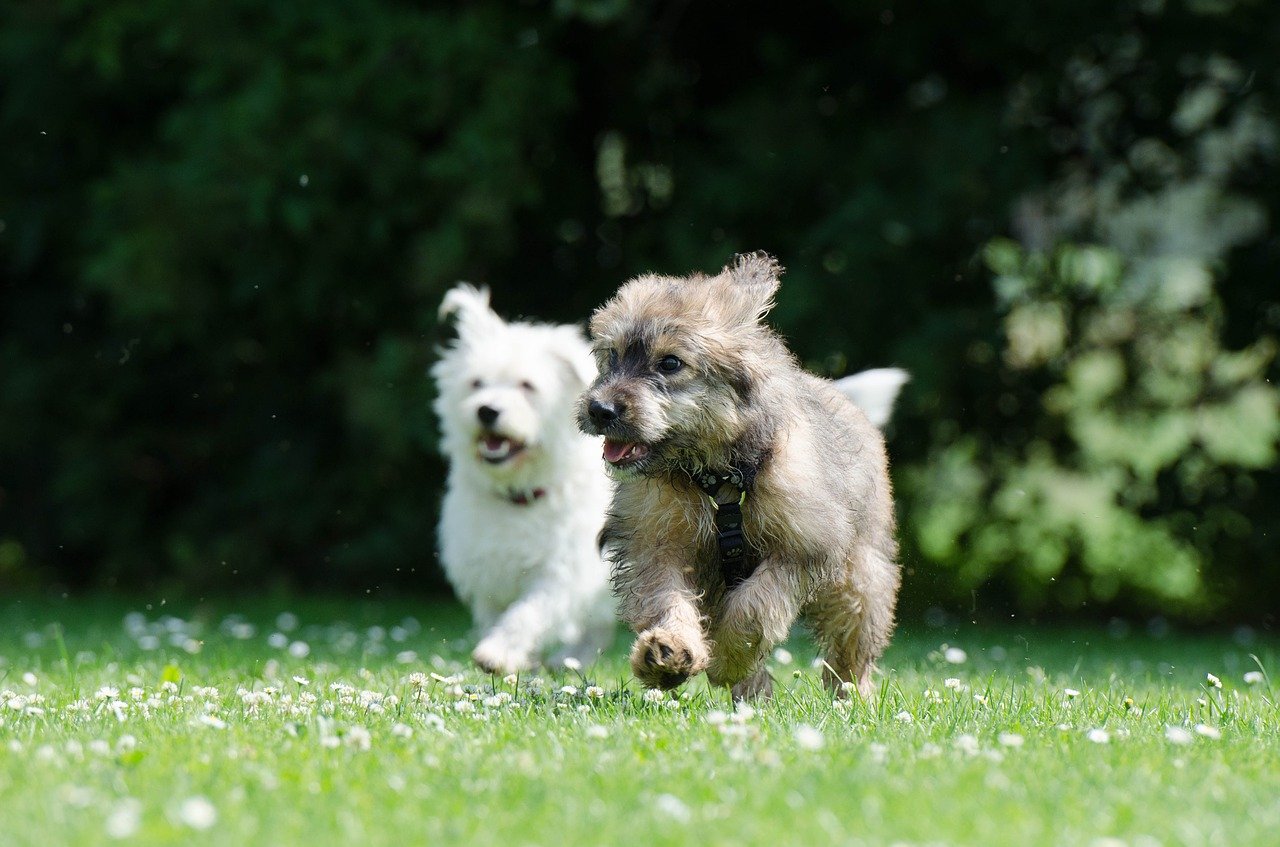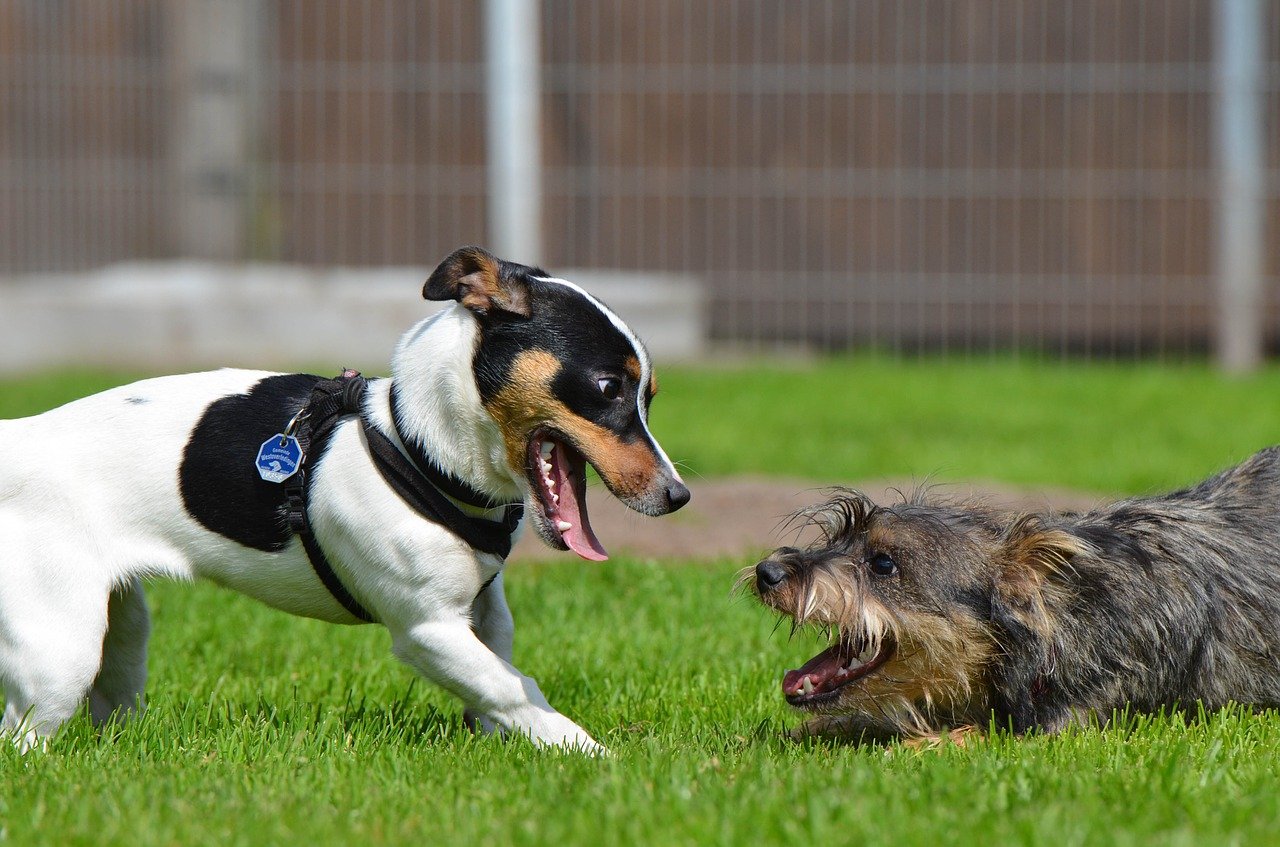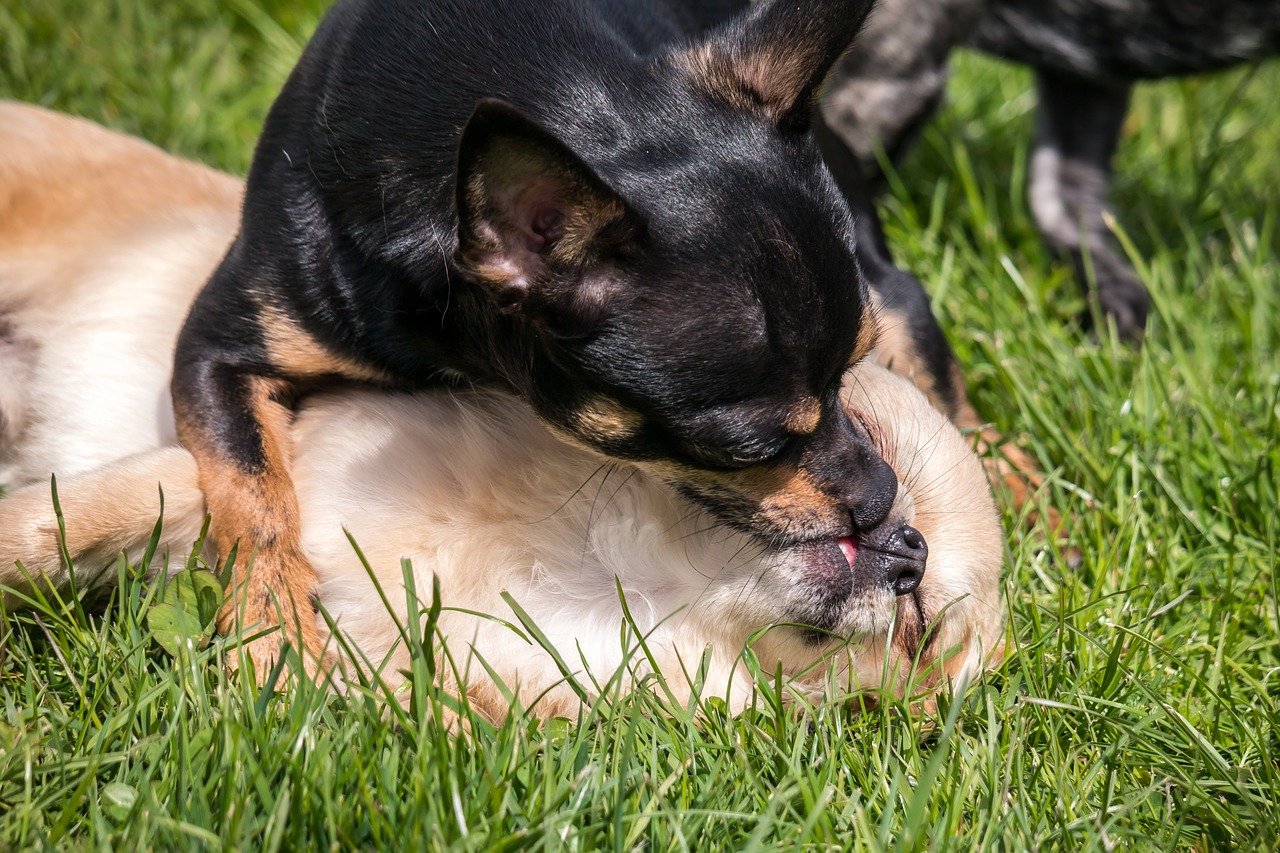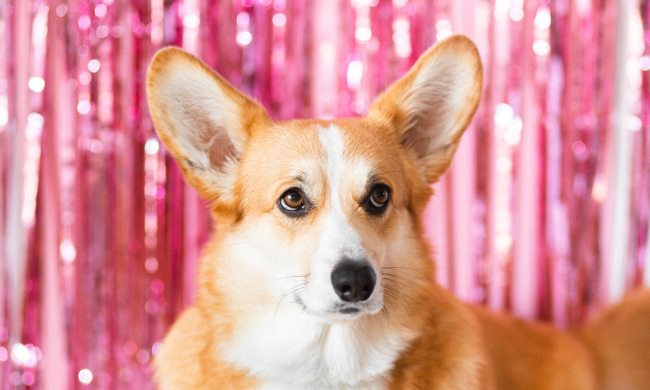
Just like people, most dogs need a best friend, too. While some dogs are eternal introverts and prefer to spend their time at home with their humans, many dogs thoroughly enjoy spending time with other pups. Playdates with other dogs provide mental stimulation and physical exercise for your dog, both of which are essential to his health and well-being. Additionally, ensuring your pup gets plenty of exercise can help reduce his anxiety and destructive tendencies. But how do dogs make friends? Are there meetup groups for small dogs? Here’s how you can find the perfect furry friend group for your small dog to socialize with.
How to help your dog make friends
If you’ve ever met someone for the first time and instantly knew you would become best friends, you already have a solid understanding of how dogs befriend each other. Using body language and olfactory clues, dogs decide relatively quickly whether they want to befriend each other. It’s your job as a pet parent to ensure that your pooch has been properly socialized before you search for a new friend group. However, you can do a few things to give your pup a better chance of making friends quickly.
Get started early
Whether you’ve adopted an adorable puppy or an older shelter dog, it’s important to start training your pooch as soon as possible.
Spay or neuter your pup
Not only does spaying and neutering help eliminate potential health problems, but it also curbs aggression and makes your pup less likely to adopt territorial behavior.
Use positive reinforcement
Punishing your dog when he misbehaves can be tempting, but the end result is a fearful pup, which can lead to increased aggression. Use positive reinforcement when training your pup, so he’ll learn to associate good behavior with a reward.

How to find friends for your dog
Once your dog has been properly socialized, it’s time to help him find new friends. We recommend starting slowly, as even the most well-trained pup may feel anxious spending time around strange dogs at first. Here’s how you can find a furry friend group for your beloved pup.
Have playdates with trusted pets
Introduce him to other dogs in a controlled setting by asking a friend or family member with a similar-sized dog to bring their pup over for a visit. Because your dog will feel more secure in his own home, he’ll be more likely to welcome furry visitors than if you suddenly take him to a crowded dog park. Make sure you heap on the praise and give him a treat for good behavior, as this creates positive associations. If your dog and your guest’s dog get along well, you may be able to arrange regular playdates, ensuring both of your pups have regular interactions with another pet.
Take your pup to the dog park
Many cities, towns, and even apartment complexes have dog parks where canines of all sizes can roam and play. Look for someone with a similar-sized dog and approach them politely to ask if you can introduce your fur baby to their pooch. Keep in mind that not everyone’s dog will greet yours with a wagging tail, so it’s best to sit down within touching distance of your dog just in case you need to scoop him up without warning.
Give doggie daycare a try
If you have the budget for it, daycare can be a fantastic way for your pup to make new friends. A professional daycare with well-trained employees will separate dogs into groups based on their size and temperament, meaning your laid-back small dog won’t spend playtime with a hyperactive Great Dane. Daycares allow you to breathe a sigh of relief, knowing that your dog is being looked after while you’re at work. And if you need to go out of town, some daycare centers offer overnight boarding.
Try an app
As pet parents, you have access to a variety of dating apps, meetup apps, and more. But did you know there are meetup apps for dogs? Try an app like BarkHappy, which helps match you with nearby dog-friendly restaurants, find dog-friendly local events, and connect with other dogs to set up playdates. We hope you’ll never have to use this feature, but you can also set up a lost-pet alert if your pup ever runs away from home.

Making friends can be tough, but it’s even harder for our pooches because they can’t tell us if they feel lonely. Fortunately, we’ve found a few simple ways you can help your fur baby meet other dogs, spend time socializing, and hopefully make a lifelong friend or two. Make sure your dog is properly socialized, start out slowly, and don’t be afraid to try several options if the first doesn’t work out as planned. Watching your pup play with his new best friend is worth the wait.



